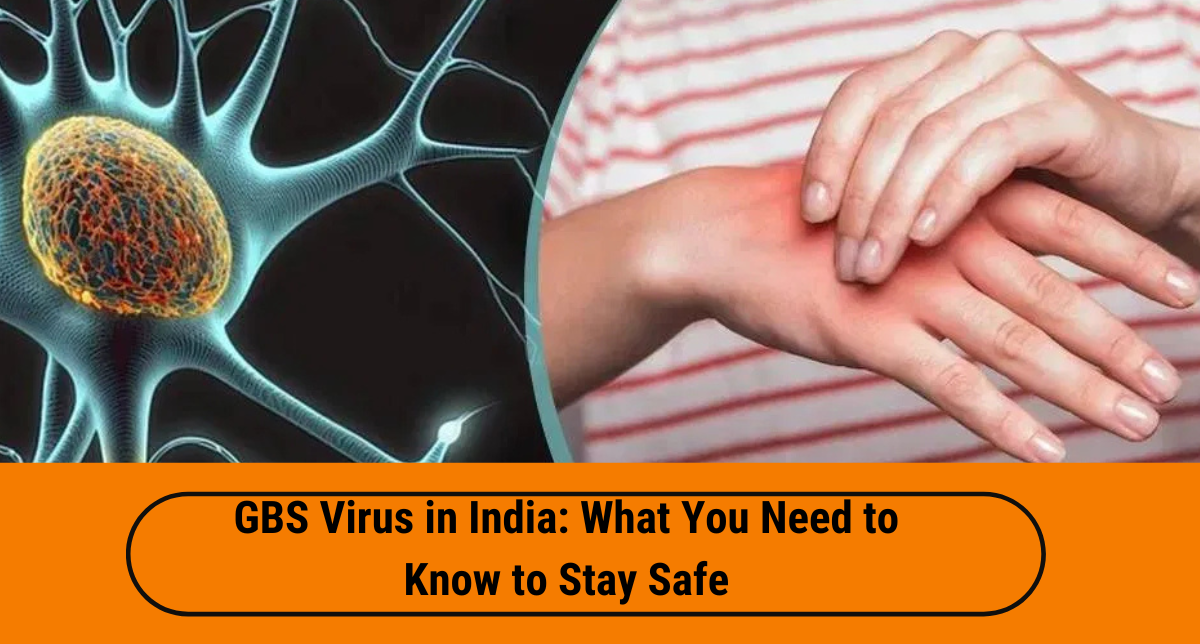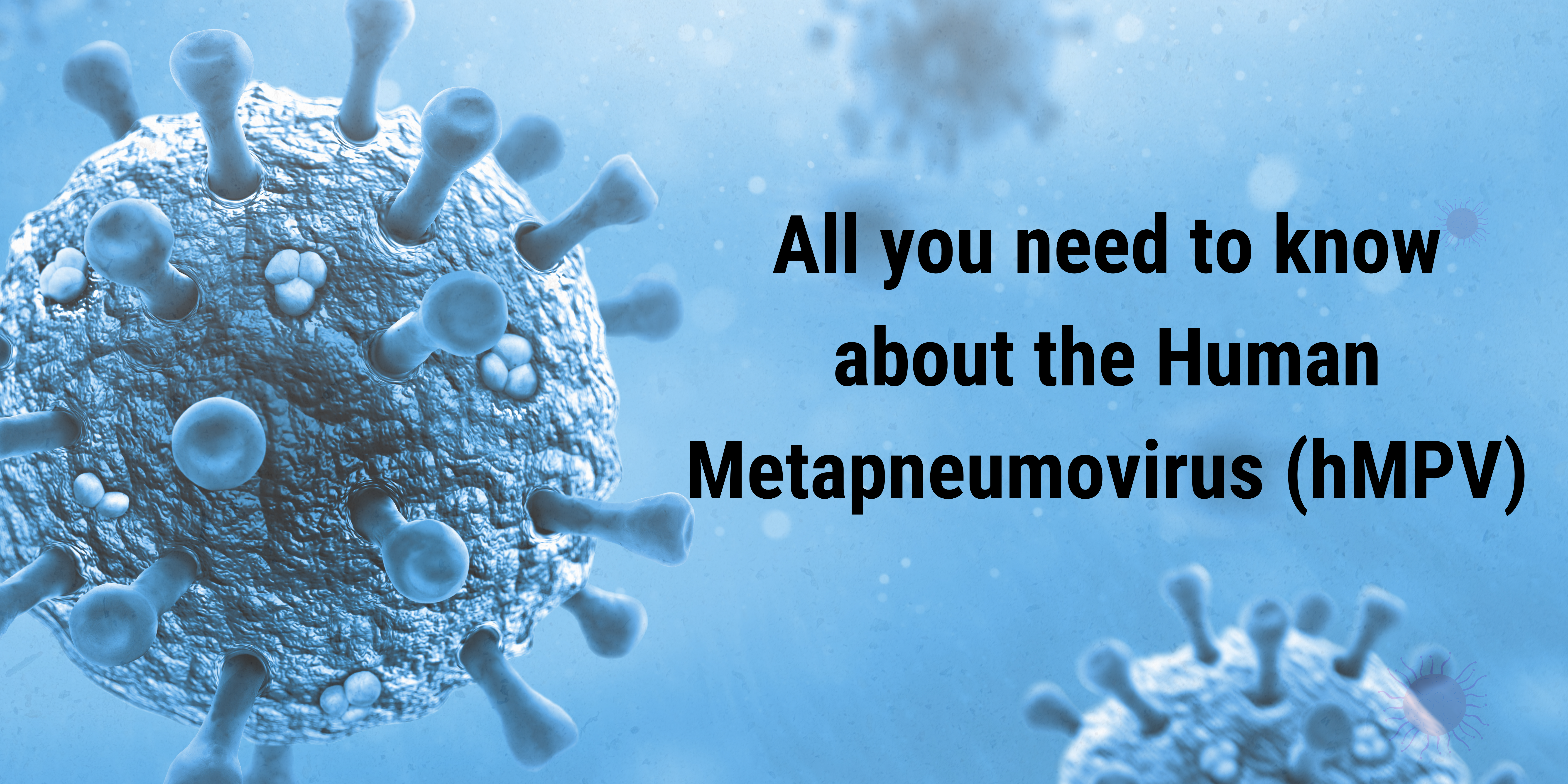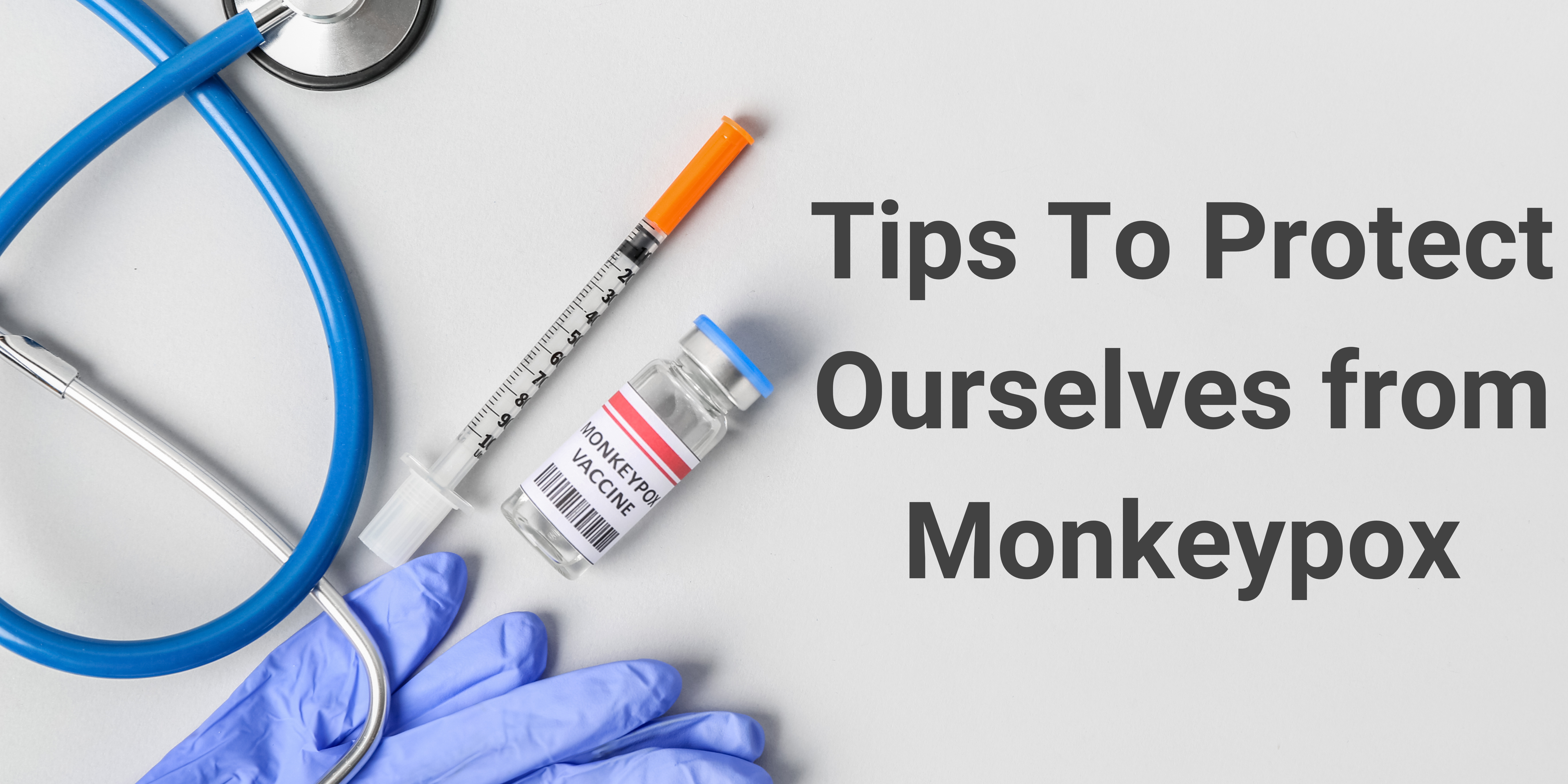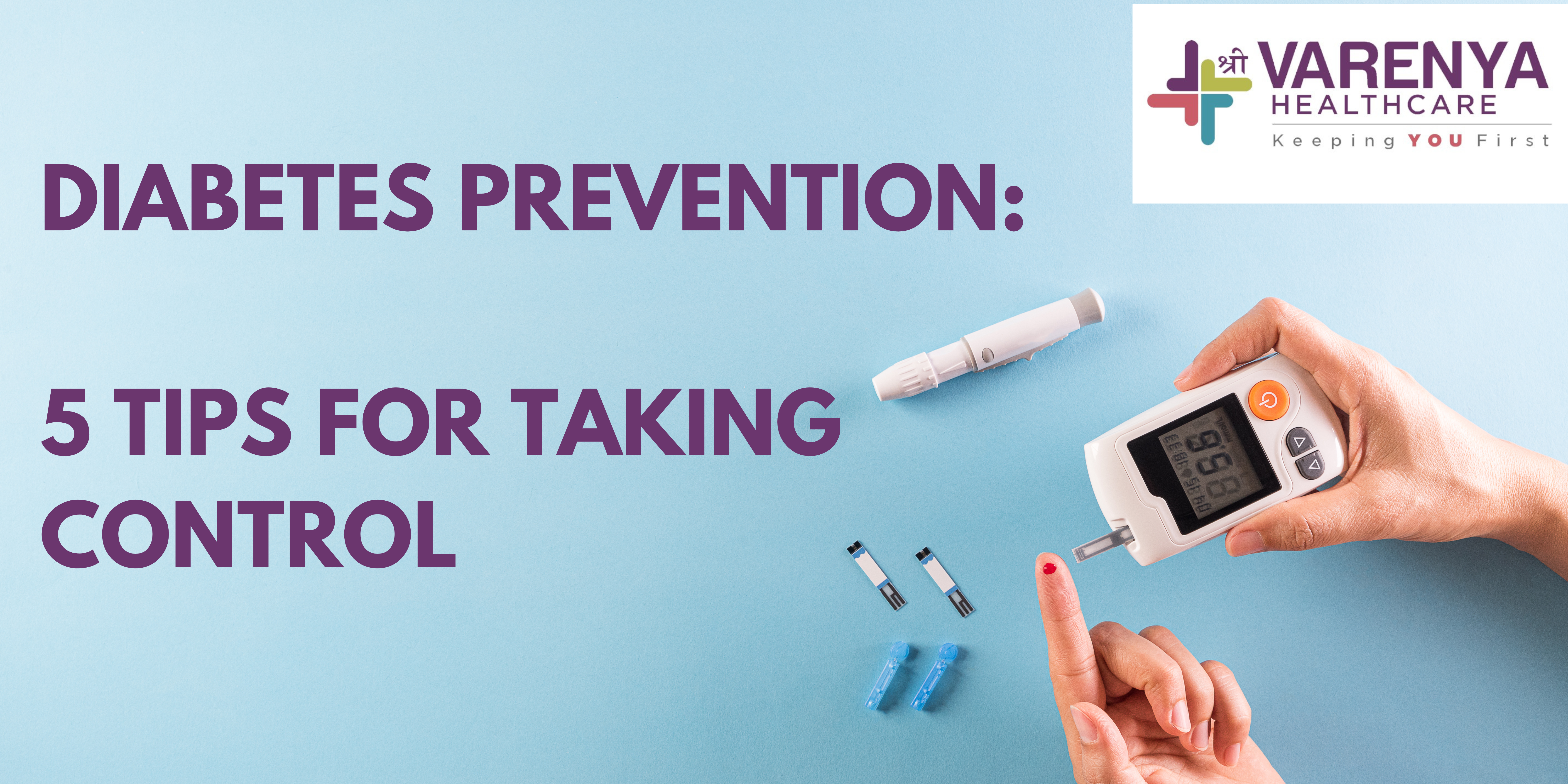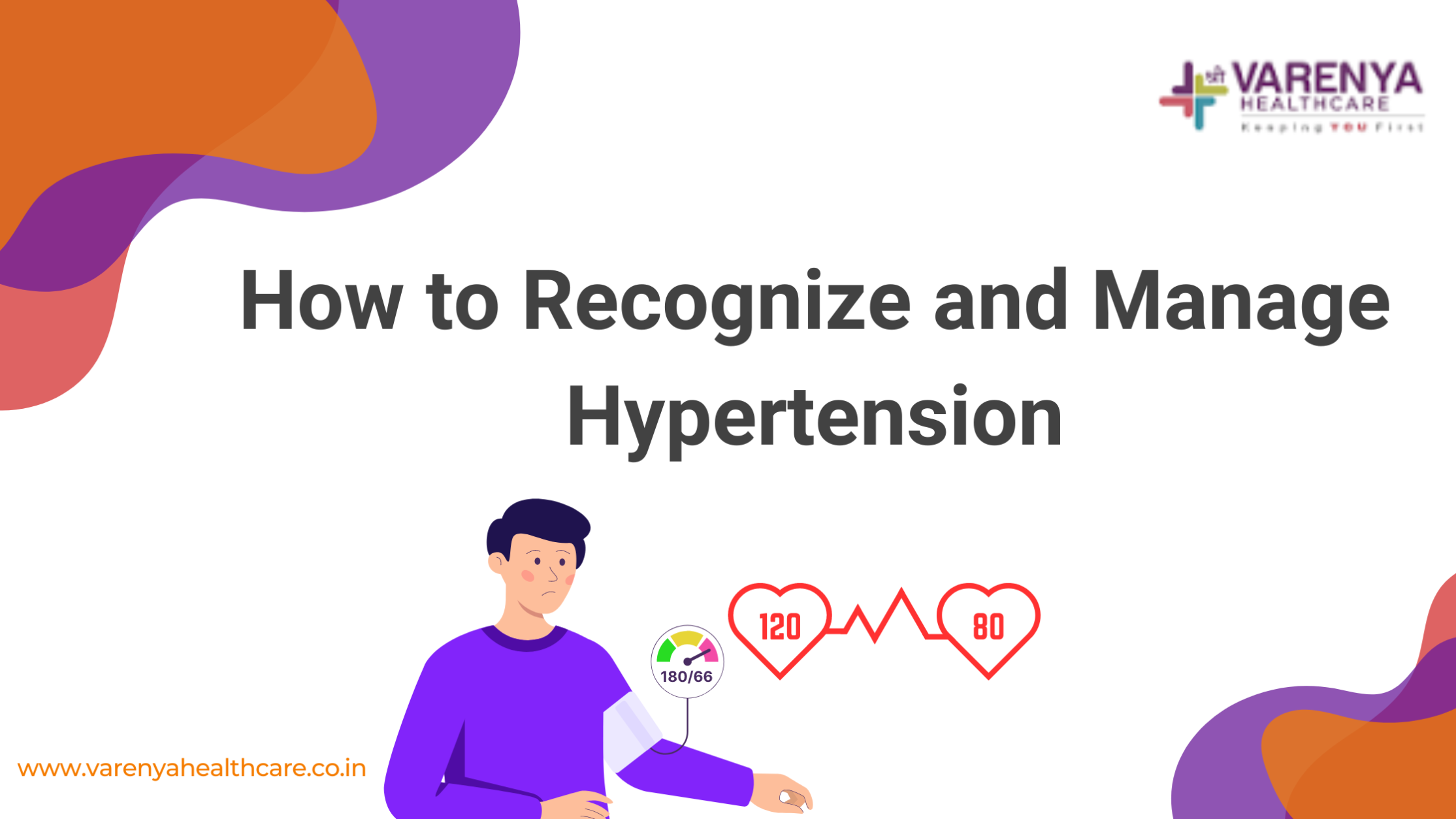
Hypertension, commonly known as high blood pressure, is a prevalent condition affecting millions worldwide. It is called a lifestyle disease just like diabetes. This lifestyle disorder is getting common, and now also affecting young adults
According to the latest report by WHO (World Health Organization) an estimated 1.28 billion adults aged 30–79 years worldwide have hypertension, most (two-thirds) living in low- and middle-income countries. An estimated 46% of adults with hypertension are unaware that they have the condition.
It is a “silent killer” which manifests in the body without any signs or symptoms. Understanding how to recognize and manage hypertension is crucial for maintaining overall health and preventing serious complications such as heart disease, stroke, and kidney failure.
This guide provides patients with essential information about hypertension, including its causes, symptoms, diagnosis, and management strategies.
Let us read carefully, understand, and apply it to ourselves.
To begin with, let us understand what is hypertension
WHAT IS HYPERTENSION?
Hypertension, often known as high or rising blood pressure, is a disorder in which the blood arteries have a consistently high pressure. Blood flows from the heart to all regions of the body via vessels. Each time the heart beats, blood flows into the vessels.
Blood pressure is caused by the force of blood pressing on the walls of blood vessels (arteries) as it is pumped by the heart. The higher the pressure, the more work the heart has to do.
Blood pressure is measured in millimeters of mercury (mmHg) and is represented by two numbers:
- Systolic (the pressure when the heart beats)
- Diastolic (when the heart rests between beats).
According to the American Heart Association, blood pressure categories are as follows:
- Normal: Less than 120/80 mmHg
- Elevated: Systolic 120-129 and diastolic less than 80 mmHg
- Hypertension Stage 1: Systolic 130-139 or diastolic 80-89 mmHg
- Hypertension Stage 2: Systolic 140 or higher or diastolic 90 or higher
CAUSES OF HYPERTENSION
Hypertension can happen due to many reasons. Here are a few common causes of hypertension
- Genetics: Family history can play a significant role in the development of hypertension.
- Age: Hypertension used to be more common in people over 60, but it’s become much more widespread in the last two decades among those aged 40 to 60.
- Diet: It is common among people who consume high salt(sodium), and have low potassium intake. Excessive consumption of processed foods like chips, biscuits, etc also can contribute to hypertension.
- Physical Inactivity: Lack of regular exercise can lead to weight gain, which increases the risk of hypertension.
- Obesity: Being overweight can cause a lot of complications. It forces the heart to work hard to pump blood, causing high BP
- Stress: Chronic stress can lead to temporary increases in blood pressure, which over time can cause permanent problems of high BP.
- Smoking: Tobacco use immediately raises blood pressure and damages the lining of the arteries.
- Chronic Conditions: Conditions such as kidney disease, diabetes, and sleep apnea can increase the risk of developing hypertension.
- Hormonal Disorders: Certain hormonal imbalances, such as hyperthyroidism, can lead to elevated blood pressure.
- Medications: Some medications, such as birth control pills, decongestants, and certain pain relievers, can cause or exacerbate high blood pressure.
Now that we have figured out the causes of hypertension what are the symptoms that we must look for?
Most people with hypertension don’t feel any symptoms. Very high blood pressure can cause headaches, blurred vision, chest pain, and other symptoms.
Checking your blood pressure is the best way to know if you have high blood pressure. If hypertension isn’t treated, it can cause other health conditions like kidney disease, heart disease, and stroke.
People with very high blood pressure (usually 180/120 or higher) can experience symptoms including:
- severe headaches
- chest pain
- dizziness
- difficulty breathing
- nausea
- vomiting
- blurred vision or other vision changes
- anxiety
- confusion
- buzzing in the ears
- nosebleeds
- abnormal heart rhythm
If you are experiencing any of these symptoms and high blood pressure, immediately consult your doctor.
The best way to identify hypertension is to have a health expert take your blood pressure. They use an instrument called a sphygmomanometer. A lot of homes now have digital devices that are simple to operate.
Patients with chronic high hypertension are advised to monitor their blood pressure regularly.
HOW TO MANAGE HYPERTENSION
As we discussed earlier hypertension is more of a lifestyle disorder. Hence modifying your lifestyle and changing your food habits can help in reducing the risk of any cardiovascular disease.
- Dietary changes: DASH Diet: The Dietary Approaches to Stop Hypertension (DASH) diet emphasizes fruits, vegetables, whole grains, lean proteins, and low-fat dairy while reducing sodium intake
Aim for less than 2,300 mg of sodium per day, or ideally 1,500 mg for those with hypertension.
Avoiding processed foods can help reduce hypertension. Processed foods often contain high levels of sodium and unhealthy fats. Focus on fresh, whole foods.
- Physical Activity: Engage in regular aerobic exercise, such as brisk walking, cycling, or swimming, for at least 150 minutes per week. Exercise helps lower blood pressure and improve overall cardiovascular health.
- Weight Management: Achieving and maintaining a healthy weight is essential for managing hypertension. Even a modest weight loss of 5-10% can significantly lower blood pressure
- Limit Alcohol Intake: Limiting your drinking up to once or twice a month has helped many patients reduce their blood pressure.
- Quit Smoking: Quitting smoking completely can improve the overall health of the individual.
- Stress Management: Practice stress-reduction techniques such as mindfulness, meditation, yoga, or deep breathing exercises. Managing stress can help lower blood pressure.
In some cases, lifestyle changes may not be enough to control hypertension, and medication might be required. It’s important to consult a doctor, who can prescribe the appropriate antihypertensive medications.
Regular follow-up meetings and monitoring levels regularly with your healthcare physician are important to manage hypertension. During these sessions, your blood pressure will be monitored, and the medicines may be modified based on your progress.
DO NOT TAKE ANY MEDICATIONS WITHOUT CONSULTING YOUR HEALTHCARE PROVIDER.
Hypertension is a condition that can be treatable if managed well with diet and exercise. If you come across any of the above symptoms consult your healthcare provider to customize a personalized management plan that suits your needs. Remember, taking charge of your health is the first step toward a longer, healthier life.
We at Varenya Healthcare provide the best hypertension management plans. Our dedicated team of doctors is here to guide and support you on your journey to better health. Don’t wait—reach out to us today and start your path to a healthier, more balanced life.
To book your appointment with us Visit our website.


